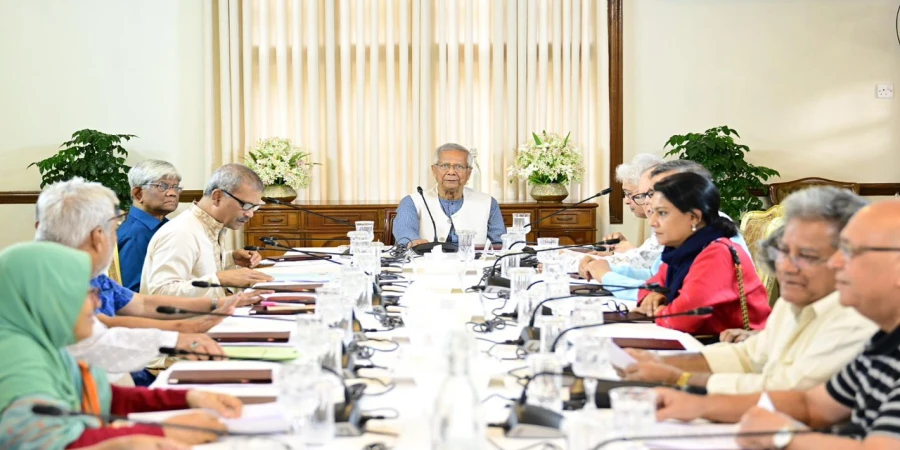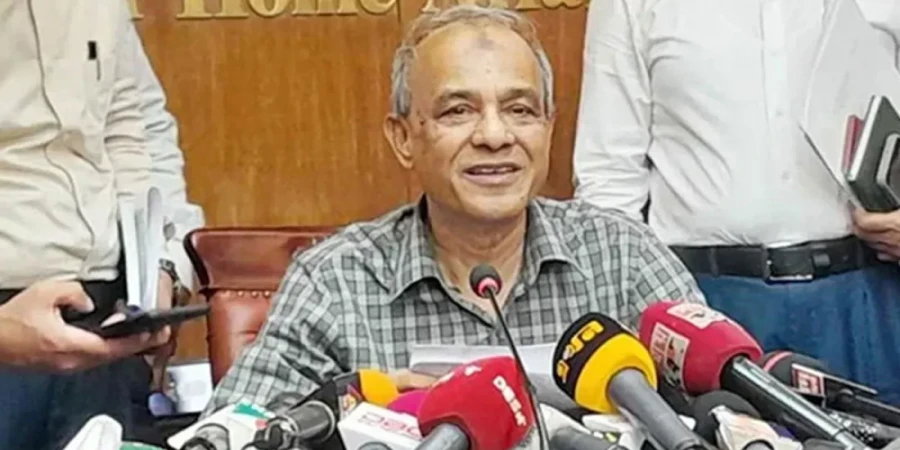
ছবি: Photo: Collected
The Advisory Council has given both policy and final approval to the draft of the Anti-Terrorism (Amendment) Ordinance, 2025, which introduces new provisions enabling the government to ban the activities of any person or entity involved in terrorist activities. The ordinance was approved on Sunday, May 11, during a meeting of the Advisory Council chaired by Chief Advisor Professor Muhammad Yunus, held at the State Guest House Jamuna.
According to the meeting summary, the original Anti-Terrorism Act, 2009 was enacted to prevent certain terrorist activities and to ensure effective punishment for those involved. However, the current version of the law lacks explicit provisions regarding the banning of activities by entities linked to terrorism. The proposed amendments aim to address that legal gap by providing clear authority for the government to declare such organizations illegal and list them in the official schedule through gazette notification.
Under the new ordinance, if the government finds reasonable grounds to believe that any person or organization is involved in terrorism, it can issue a gazette notification to include that individual or entity in the scheduled list. This authority extends to prohibiting the activities of such organizations outright. The amendments make it possible not only to identify and list such groups, but also to restrict their ability to operate in any form.
In light of the evolving nature of threats, the amendment includes new provisions targeting the use of online platforms and social media for terrorist propaganda. These changes are part of broader efforts to modernize the legal framework in line with contemporary security challenges and technological developments.
The ordinance seeks to make the Anti-Terrorism Act more responsive to the current realities of terrorism, particularly those involving non-state actors and digital platforms. It allows for adaptive enforcement measures and clarifies legal grounds for action against entities, filling a significant void in the existing law.
The Advisory Council emphasized that the amendments are essential to align the country’s counterterrorism legislation with international standards and domestic needs. The revised law grants broader powers to prevent terrorism-related activities at both organizational and individual levels.
The ordinance is expected to be officially promulgated on Monday, May 12, adding significant weight to the country’s ongoing counterterrorism efforts by explicitly outlawing the operations of designated organizations and controlling their influence in digital spaces.
repoter






